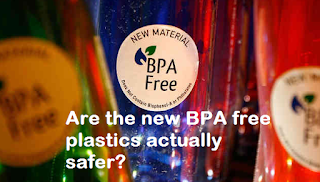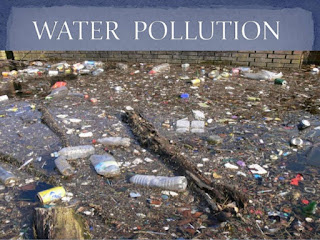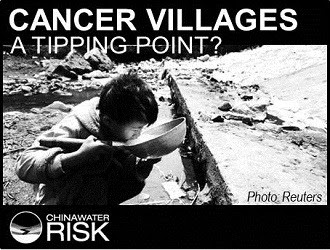Environmental Pollutant in Plastic Likely To Cause Prostate Cancer
The prostate gland, which develops in human males when they
are fetuses, is to a great degree sensitive to estrogen. Thus, scientists have
long ago speculated that prostate cancer could increase in men as a result of
their interactions with estrogen-like chemicals in the womb. Unlike other cancer-causing
chemicals that can bring about significant harm to DNA, Bisphenol-A or BPAappears to exact unobtrusive changes that are passed from one generation ontothe next.
“The research focus today is regardless of whether or not;
environmental pollutants will incite heritable changes in genetic functions in
humans. In other words, is there something that happens to alter genes without
actually altering the genetic code?” asked Sokol, a scientist who studies the
effects of chemicals on sperm. This new study has looked into in the part that
environmental pollution and pollutants may play in altering the genetic qualities
of exposed individuals. This study has also being regarded by the American
Plastics Council as "captivating exploration and a great bit of
research" that ought to be concentrated further. But the genuine question here
is what does this mean for human health?, in light of the fact that there are
excessively numerous impediments in the review for it to apply to humans.
The study stated that animals developed precancerous lesions
and genetic changes when presented with low concentrations of the substance
similar to the amount found in human blood and fetuses. Recently, evidence has
been building that BPA causes changes in the hormones and reproductive tracts
of male and female animals. Lower sperm counts; decreased testosterone and
enlarged prostates were reported in male animals, and early puberty and
disrupted hormonal cycles in female animals.
Of more than 100 research studies that inspected low concentrations
of BPA, 94 financed by government organizations discovered destructive impacts
in lab animals. Polycarbonate, which cannot be manufactured without BPA, is a
clear and shatter-free plastic that has been seen to initiate prostate cancer
in plastic container. In addition to beverage bottles, utensils and food
packaging, it is used in automobiles, medical equipment and compact discs. Little
concentrations of this environmental pollutant can leach from plastic containers, particularly when warmed, cleaned with brutal cleansers or
presented to acidic drinks or beverages. It also is used in children's
dental sealants and as a resin lining metal food cans.
See more research studies on BPA here.






Comments
Post a Comment